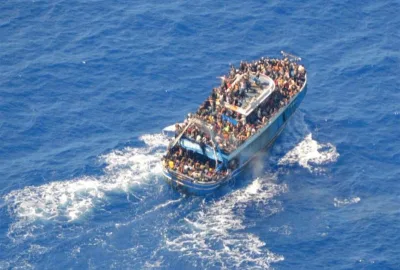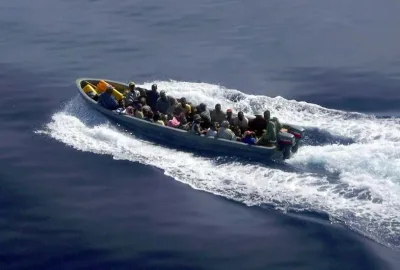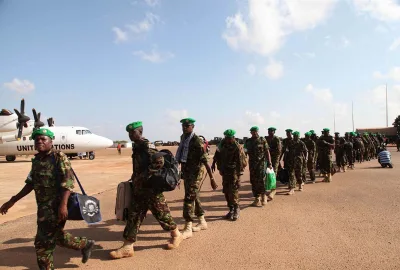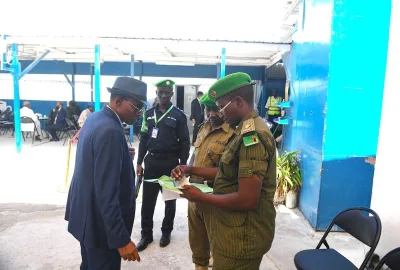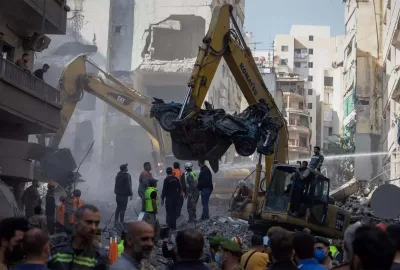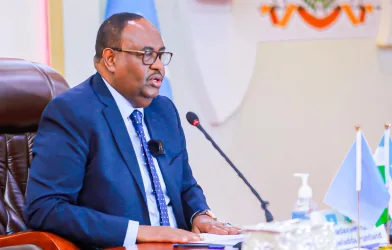The World Bank approved a $58 million International Development Assistance (*IDA) grant to help lay the…
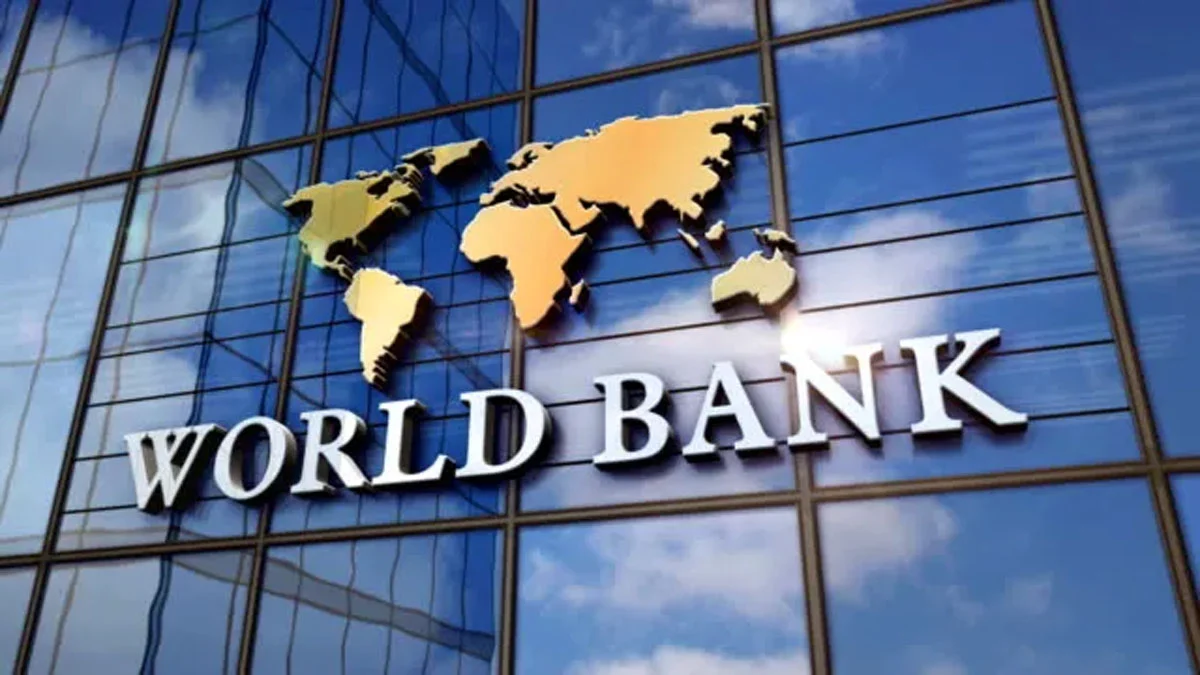
The World Bank approved a $58 million International Development Assistance (*IDA) grant to help lay the foundation for the future development of Somalia’s transport infrastructure. Somalia will develop a pipeline of projects and establish the capacities to plan for, implement, and manage the sector.
The Somalia – Horn of Africa Infrastructure Integration Project will benefit from an additional $5 million investment from the Horn of Africa (HoA) Initiative Multi-Donor Trust Fund which seeks to foster economic trade and integration in the Horn. The project will contribute to the overarching objective of the HoA Program Series of Projects which is to enhance connectivity among the HoA countries and access to seaports; facilitate domestic and regional trade and economic integration; and improve road safety.
“The World Bank is strongly committed to the regional integration of the Horn of Africa, with major investments in countries across the region,” said Boutheina Guermazi, World Bank Director for Regional Integration in Africa and MENA. “We continue to support our clients in the Horn with the tailored and substantial investments they need to unlock the region’s considerable potential.”
The HoA Initiative has over $8 million regional integration portfolio of active and pipeline operations. The Initiative, which consists of seven member countries (Djibouti, Ethiopia, Eritrea, Kenya, Somalia, Sudan and South Sudan), offers opportunities to transform the economies of the region and create jobs; reduce poverty, conflicts, and inequality; and boost the economic performance of the region. As part of the proposed HoA Initiative, Somalia is engaging with its neighbors to rebuild links to regional and global economies. Within the HoA Initiative’s infrastructure pillar, economic corridor road connections linking to the port cities serving the HoA are high on the agenda.
“Somalia’s integration with the HoA region, and the wider African economy, has the potential to spur growth,” said Adam Stone Diehl, World Bank Transport Specialist. “Developing integrated economic corridors and facilitating access to transport, energy, internet, telecoms, and trade have been found to deliver real positive outcomes.”
However, there are numerous barriers to achieving integrated trade that go beyond the provision of infrastructure. Road construction and rehabilitation along the country’s main corridors has been a challenge since the collapse of the state in 1991 and the road infrastructure is mostly in poor to very poor condition. Somalia’s national transport infrastructure has suffered dramatically from a lack of maintenance and investment during the civil war and current infrastructure gaps in the transport sector are massive. Of the 21,830 kilometers of roads in the country, only 2,860 kilometers are estimated to be paved (13%), and most of this paved network is believed to be in poor or very poor condition. Only 31.2%of the rural population has access to an all-season road, with the majority without reliable access.
Women and girls are disproportionally affected by inadequate road and transport infrastructure. For
instance, limited geographical access is one of the main reasons behind the low usage of health facilities by women, contributing to maternal mortality, which remains persistently high at between 732-1400 deaths per 100,000 live births, with little improvement over the last 50 years.
The project will contribute to the Somalia Ninth National Development Plan (NDP-9) 2020-2024.


